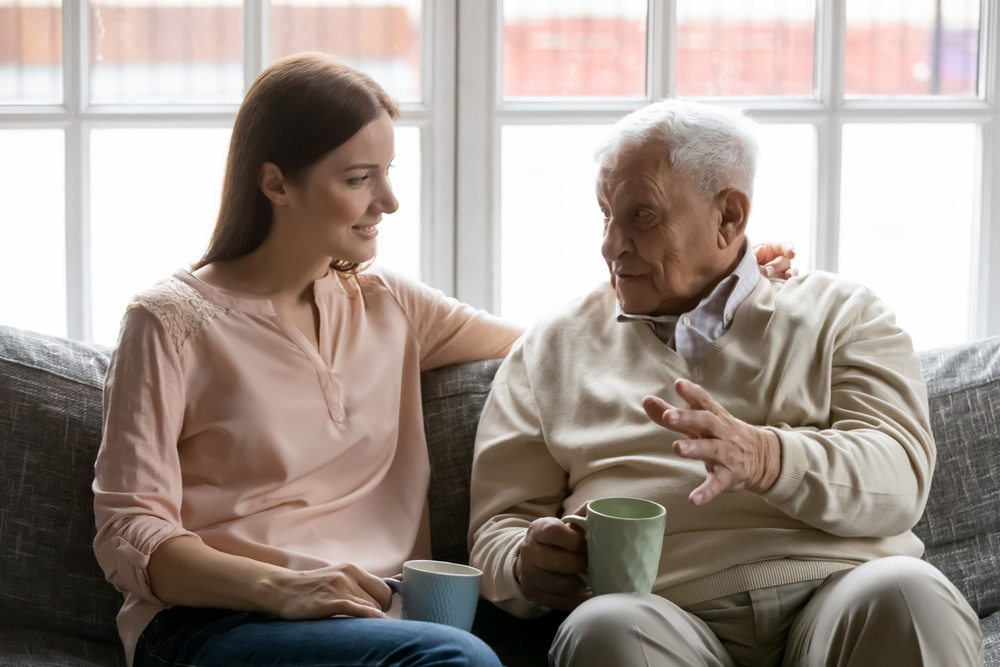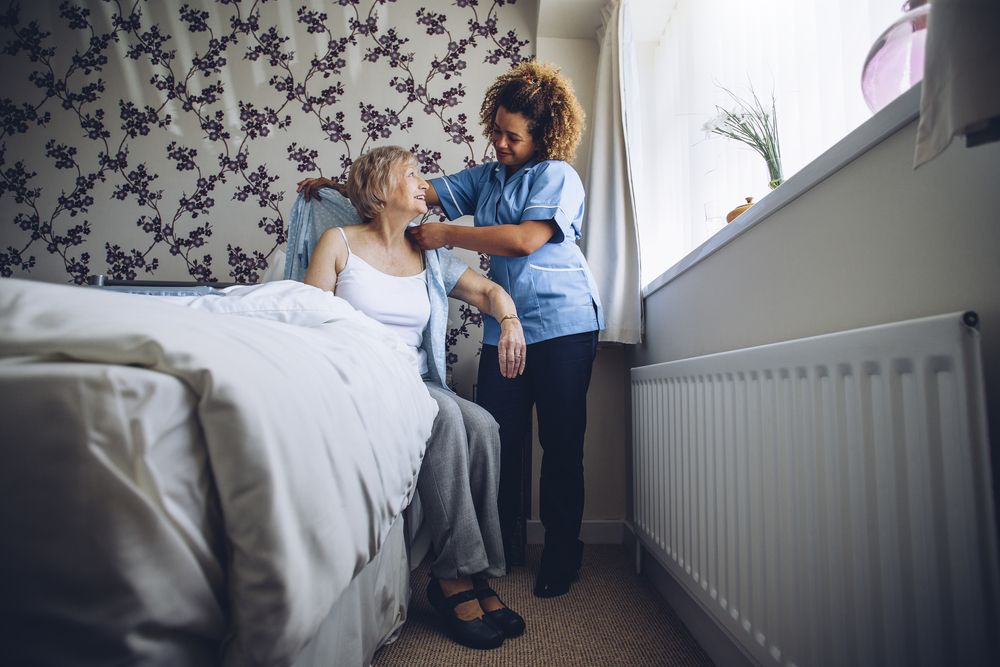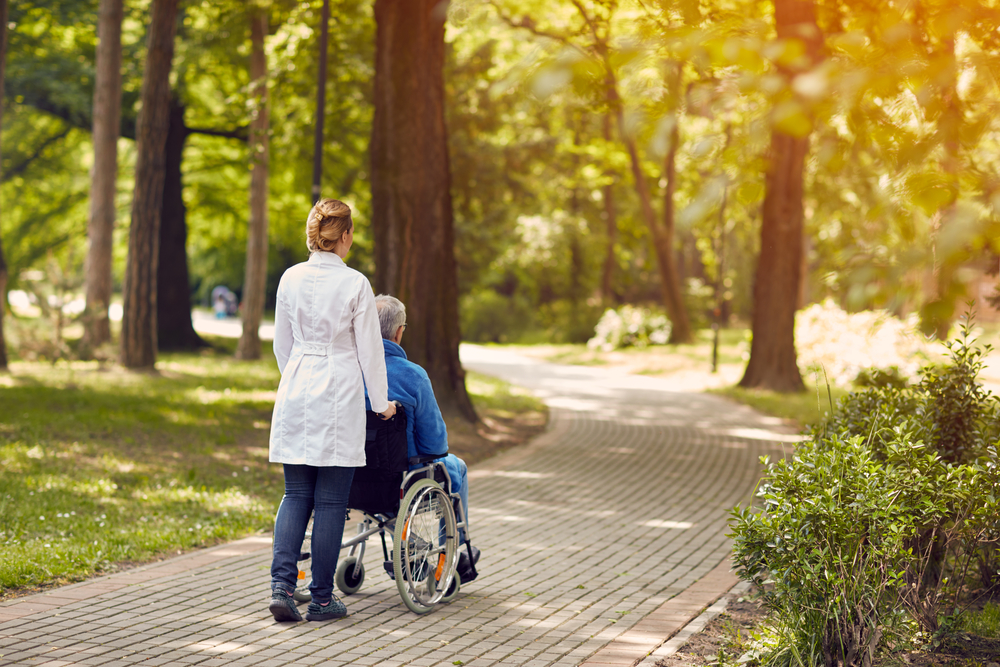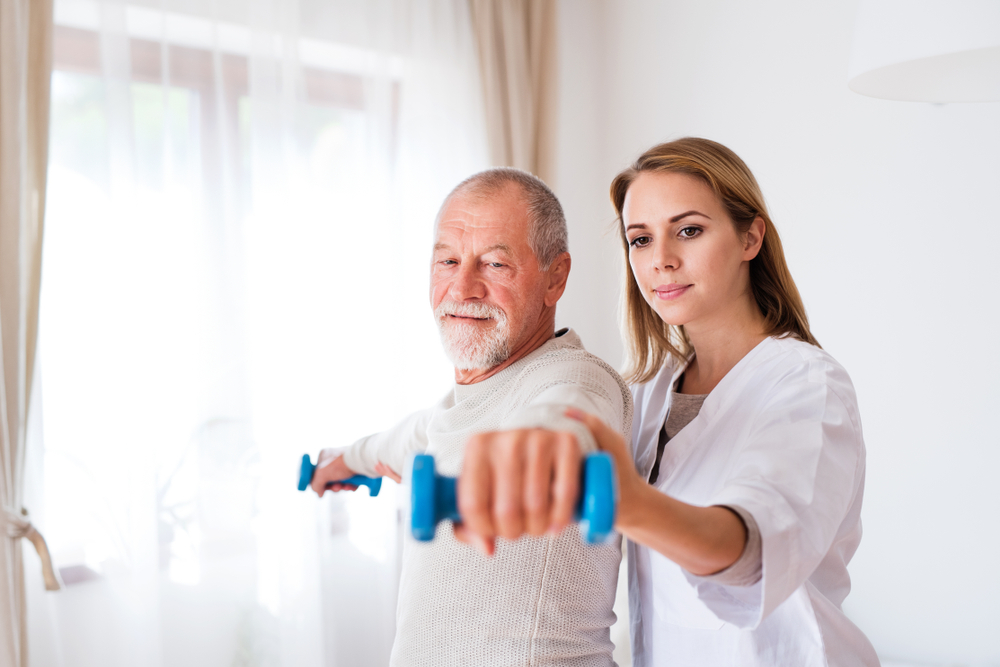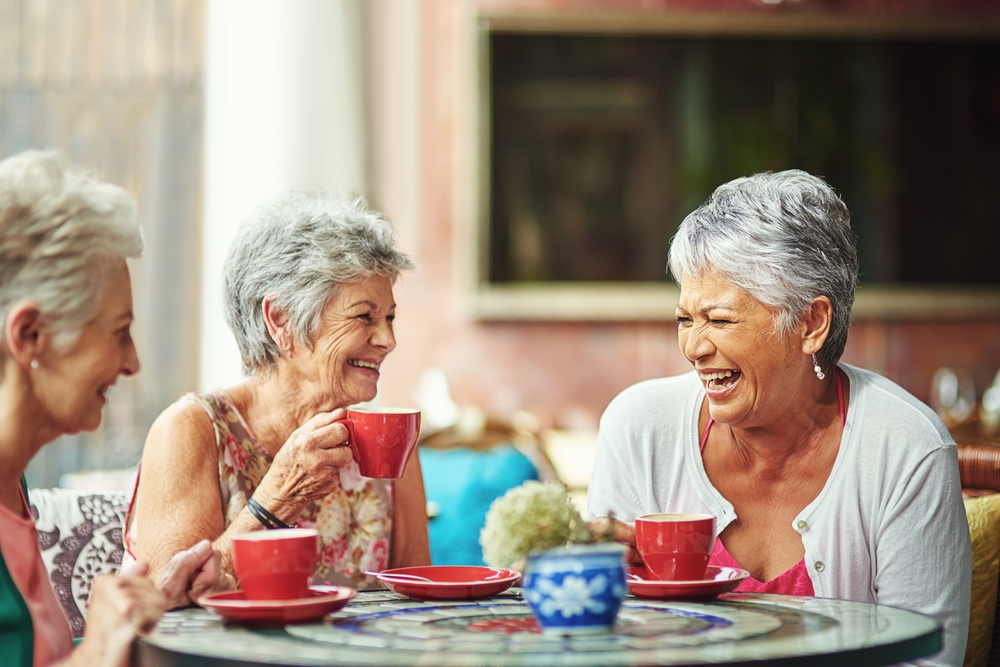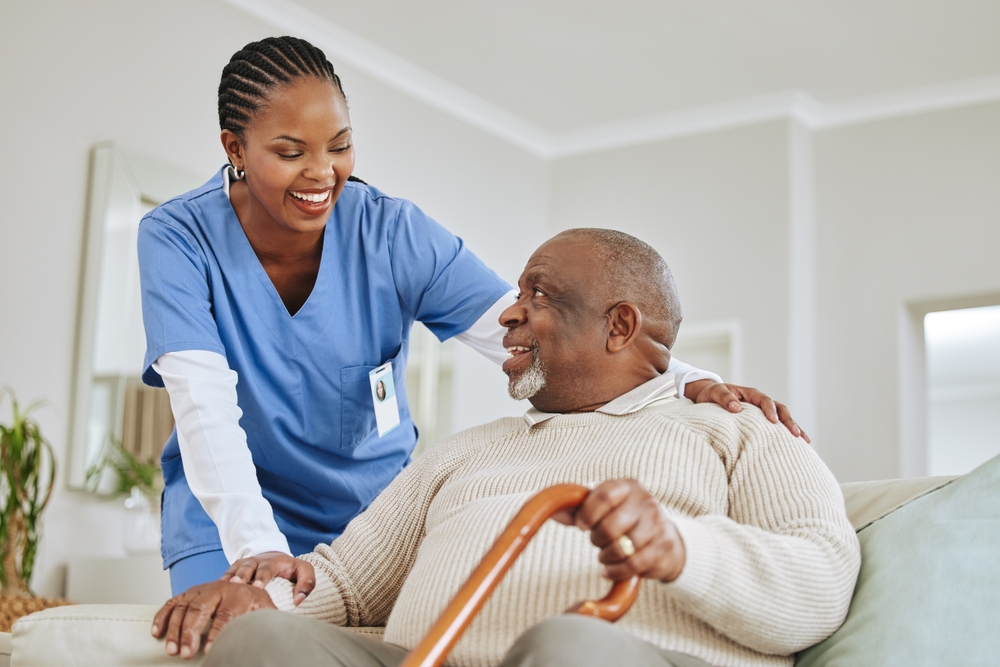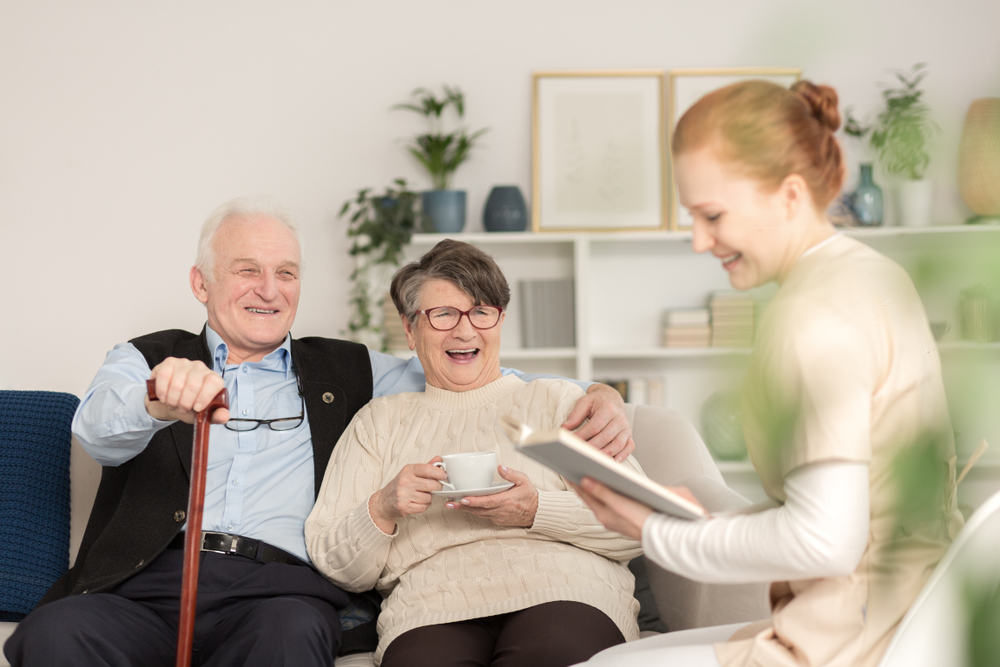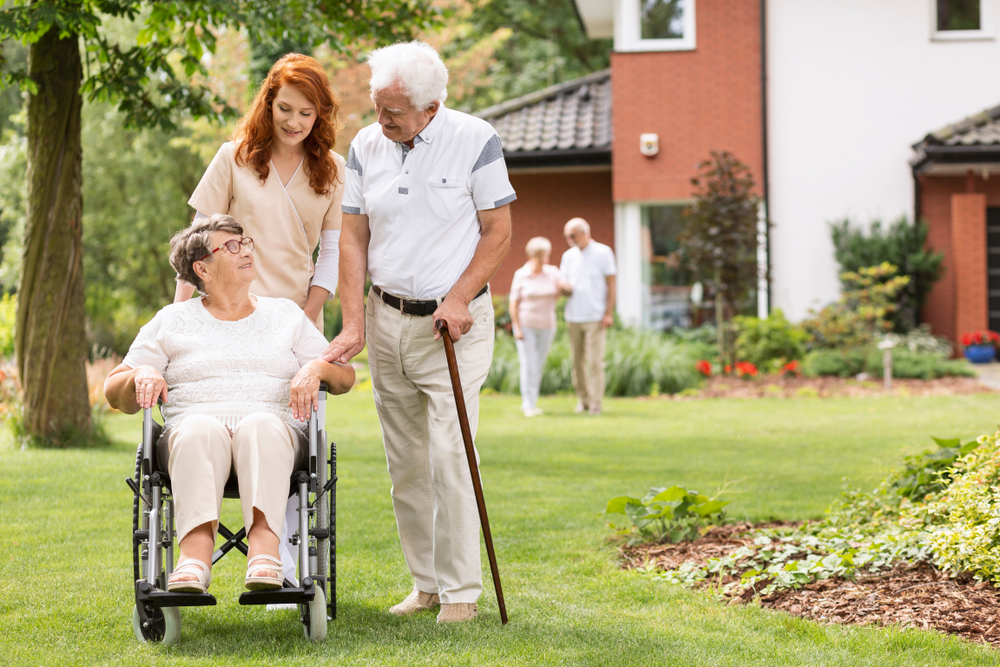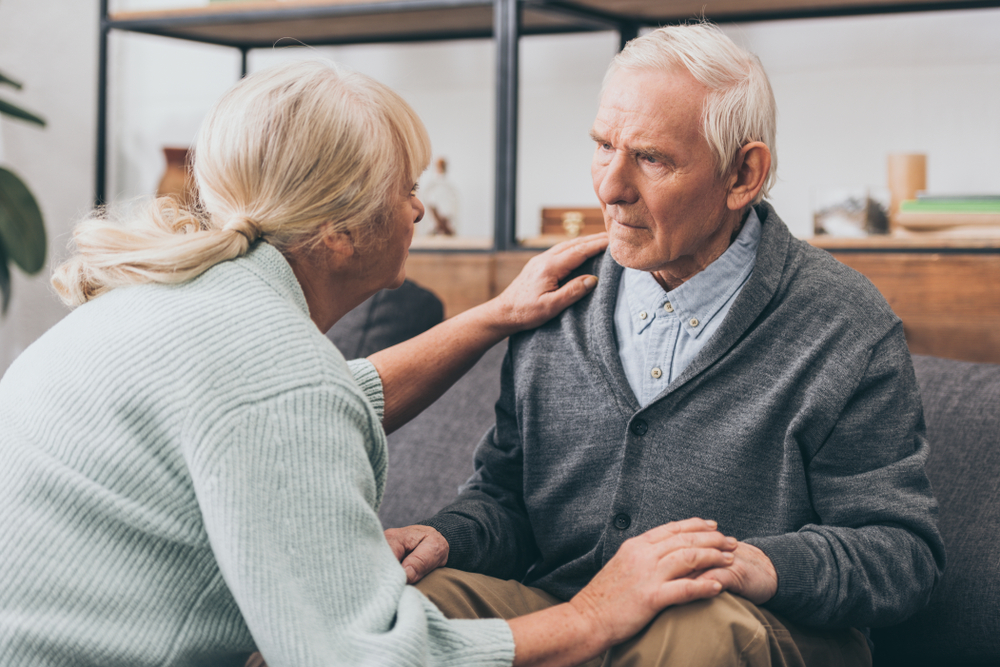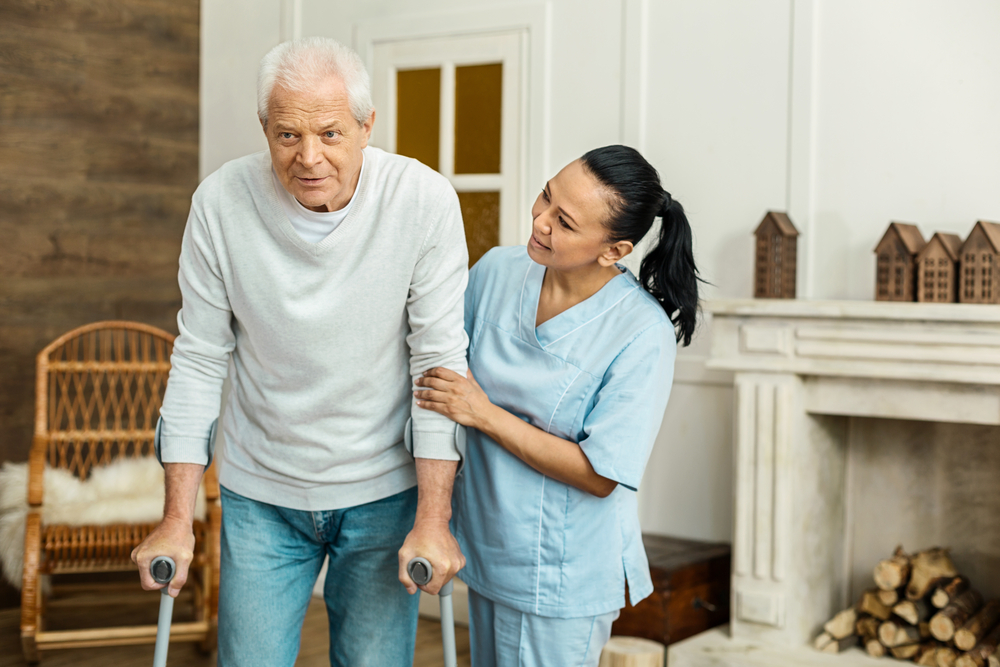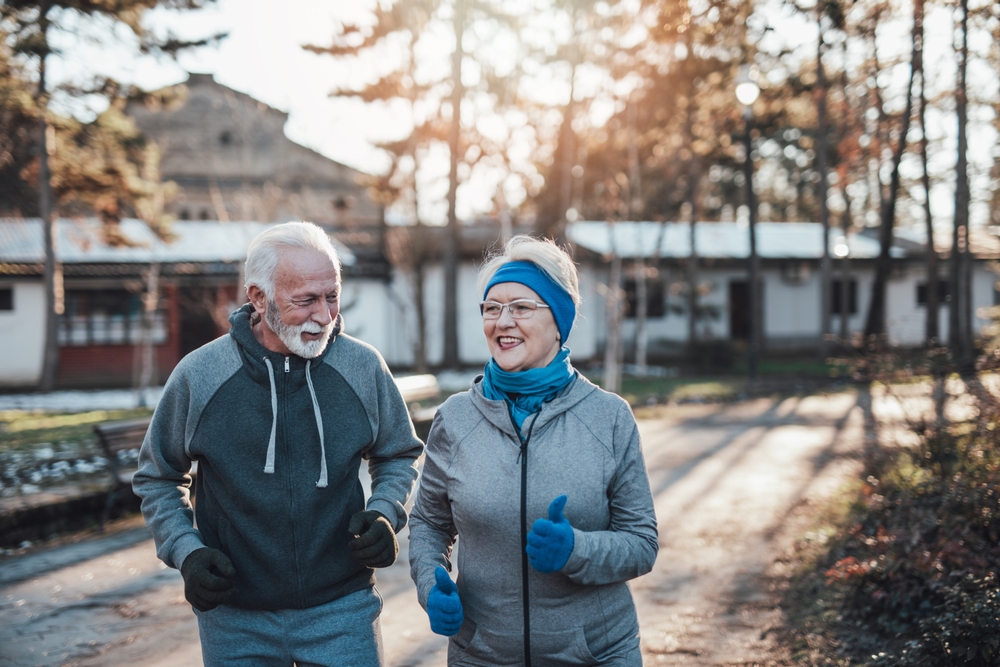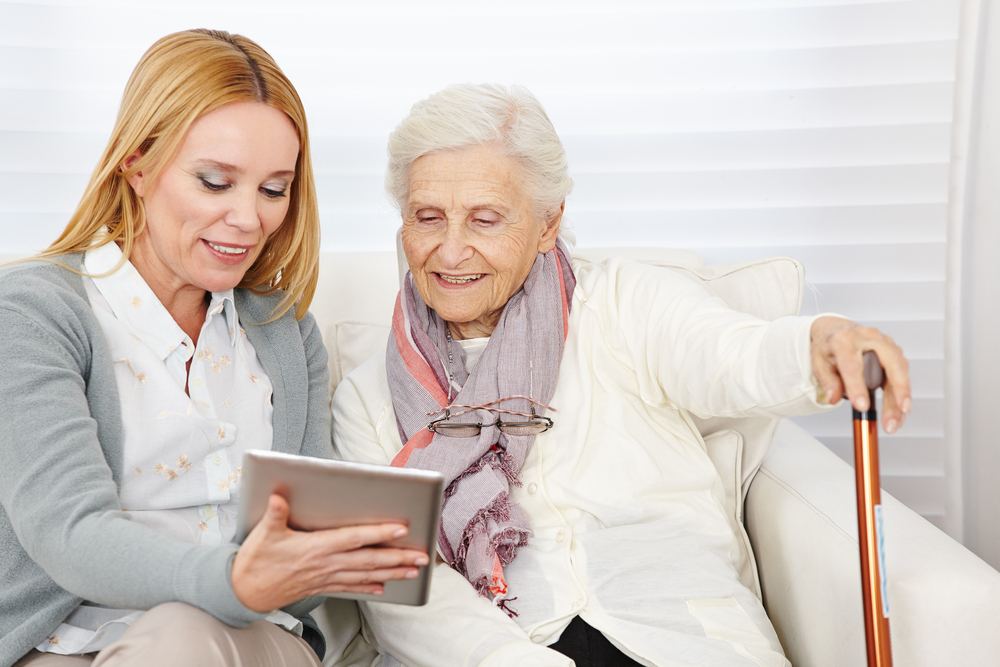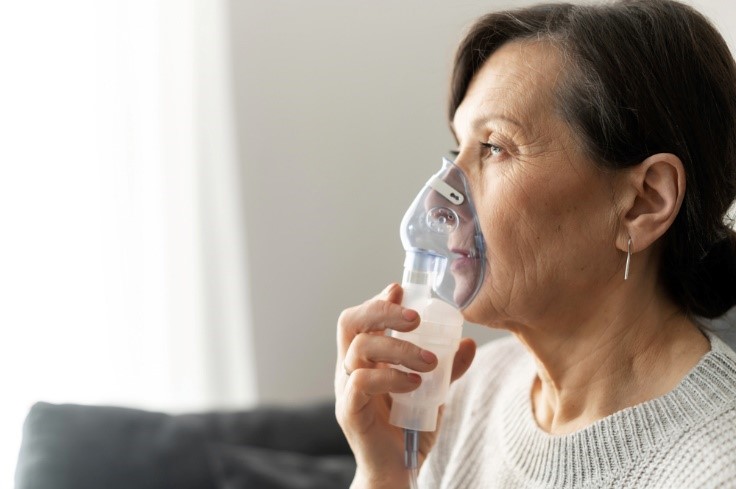As our parents age, conversations about senior care options become increasingly important but can also be sensitive and challenging. Approaching this topic with empathy, understanding, and respect is crucial to ensuring that your aging parents feel heard and supported in making decisions that are in their best interest. In this blog post, we will explore effective tips on how to discuss senior care options with your aging parents in a compassionate and constructive manner.
Starting a Heart-to-Heart Conversation
When initiating conversations about senior care with your parents, it’s essential to approach the subject with sensitivity and empathy. Start by expressing your concern for their well-being and acknowledging their desires and preferences regarding their care. Listen actively to their thoughts and feelings, and create a safe space for open communication. By fostering a supportive and non-judgmental environment, you can encourage your parents to share their concerns and wishes, making them active participants in the decision-making process.
Related: “Signs Your Aging Parents Need Immediate Help at Home”
Navigating Resistance and Understanding Their Perspective
If your aging parents refuse senior care, it’s important to keep the conversation going. Continue listening to their concerns and reasons for declining care while acknowledging their autonomy and preferences. Engage in open and honest discussions to address any fears or misconceptions they may have about receiving assistance. You can also explore alternative care options that align with their needs and values, such as in-home support or periodic assistance from professional caregivers. Ultimately, respecting your parents’ wishes while ensuring their safety and well-being is key when navigating the complexities of senior care decisions.
Research Your Options
Discussing senior care options with aging parents involves exploring various aspects of care, such as in-home care, assisted living facilities, or other support services. It’s important to research different care options together and provide information on the benefits and resources available to help them maintain their independence and quality of life. Consider involving other family members or a professional care provider in the conversation to offer additional insights and expertise. This will ensure that all perspectives are considered when making decisions about the best senior care.
Related: “Here’s How You Can Find Quality Senior Care When the Time Is Right”
How We Can Help
Ready to explore senior care options that prioritize your loved one’s well-being and independence? Contact Home Instead Senior Care in Wilmington, NC, to learn more about our personalized care services designed to support aging adults in their homes. Visit our website or call us at (910) 342-0455 to schedule a consultation and discover how we can help your loved ones live comfortably and safely as they age in place. Let’s work together to provide the best care solutions for your aging parents.
